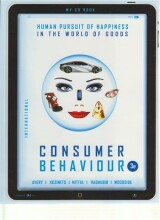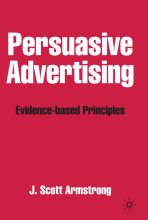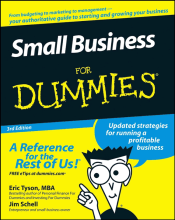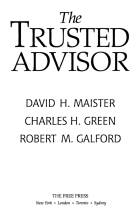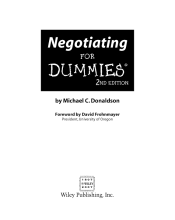Decisions - Search strategies and determinants
9 important questions on Decisions - Search strategies and determinants
Two ends of the continuum of search strategies:
- Systematic information search: proceeds in organized pattern directed at answering specific questions.
- Heuristic information search: ad hoc acquisition of information to reach intuitive judgments. Heuristics are quick rules of thumb and shortcuts to make decisions.
What are the characteristics of systematic information search?
What are the characteristics of heuristic information search?
Ad hoc, convenience-based, quick, patchy.
- Higher grades + faster learning
- Never study anything twice
- 100% sure, 100% understanding
What is the consumer's goal when using heuristics?
Save time and effort, they are rational to their users in terms of the cost-benefit trade offs.
What factors determine the type of search strategy a consumer chooses?
- Cognitive style of consumer
- Problem complexity
What is a cognitive style?
That refers to consumer mindset about the task of processing information.
The consumer can either be a extender (using systematic search) or a simplifier (using heuristic search).
Explain problem complexity as a factor determining the search strategy of a consumer
It means how simple or seemingly difficult the apparent solutions appear at the beginning of the search. This depends on how 'new' the problem is.
Name the three types of consumer decision problems on the dimension of problem complexity.
- Routine problems: problems that a consumer has solved many times.
- Extended problems: purchase tasks for purchases never made before, long time ago, or where risks of wrong choice are high.
-Limited problems: nontrivial, but risks are moderate and the product/service is not overly complex of technical in terms of its features.
How are the three types of consumer decision problems situated on a continuum:
Routine problem solving: no new information is considered and consumers usually solve these problems simply by repeating their previous choices.
Limited problem solving: consumer invests some limited amount of time and energy in searching and evaluating alternative solutions.
Extended problem solving: information search is extensive and deliberation prolonged.
The question on the page originate from the summary of the following study material:
- A unique study and practice tool
- Never study anything twice again
- Get the grades you hope for
- 100% sure, 100% understanding



















